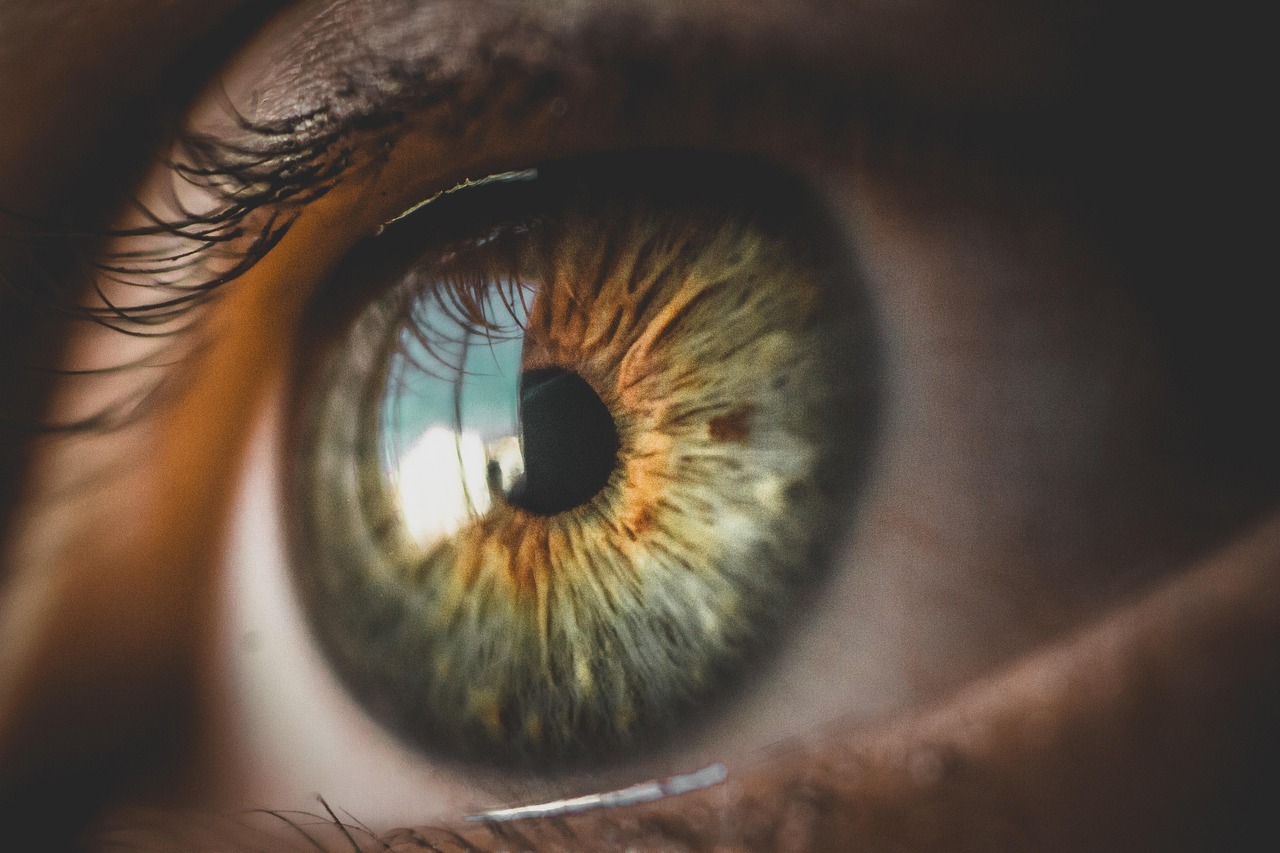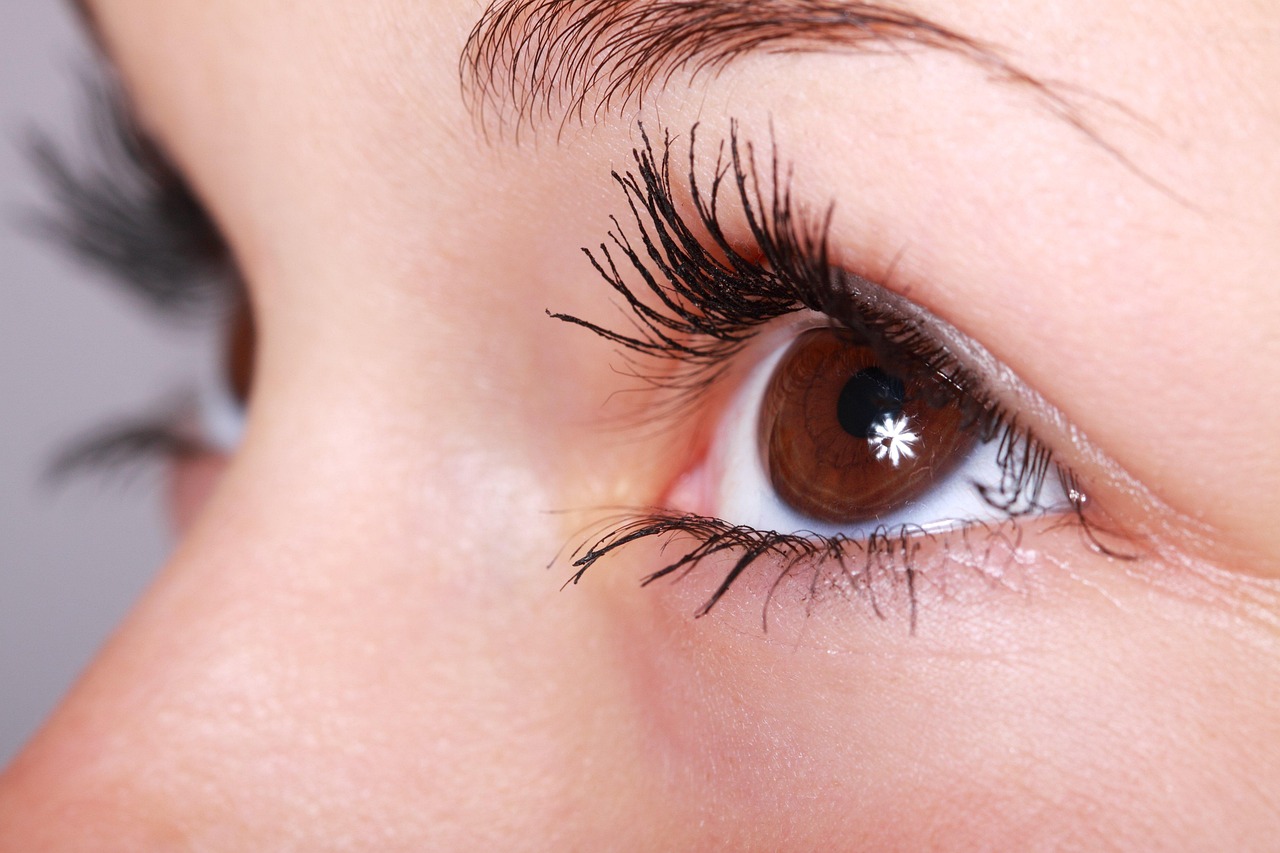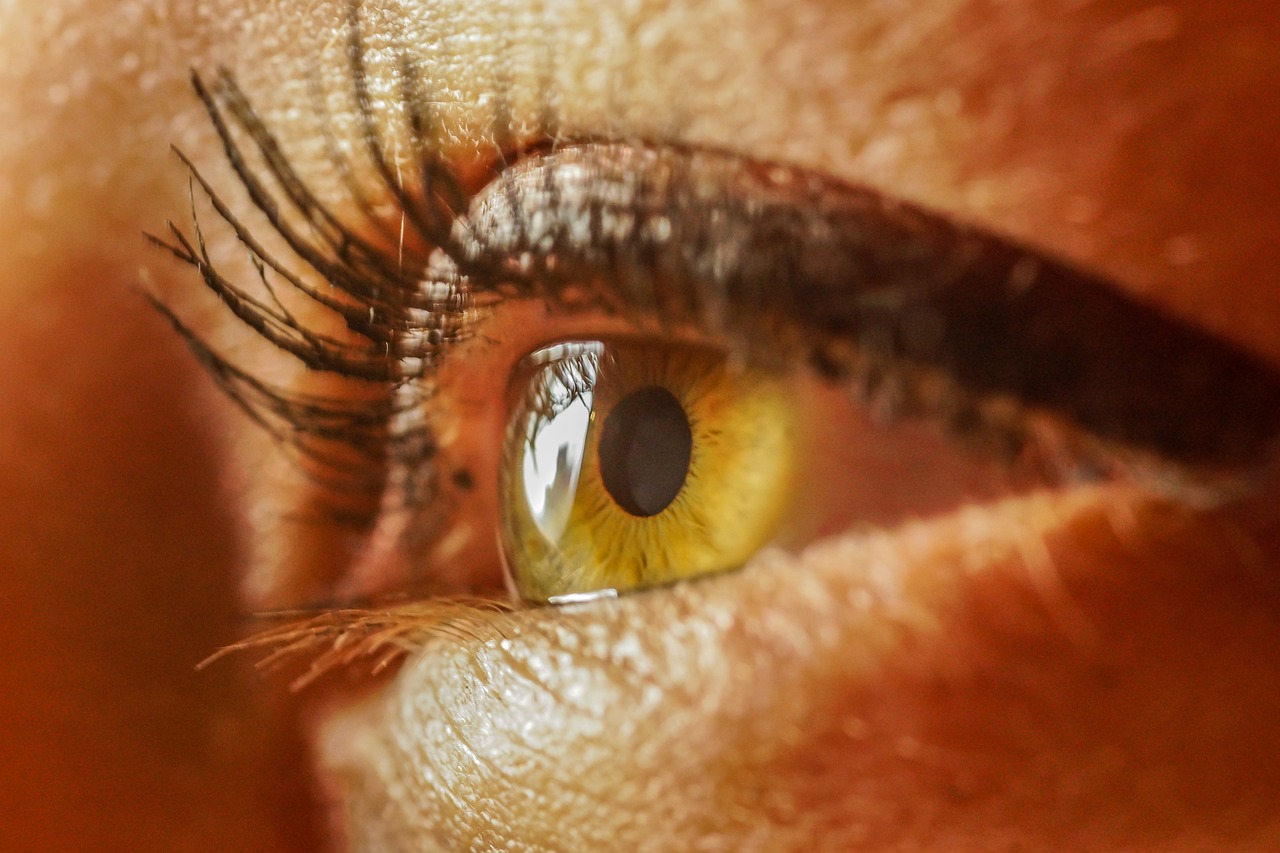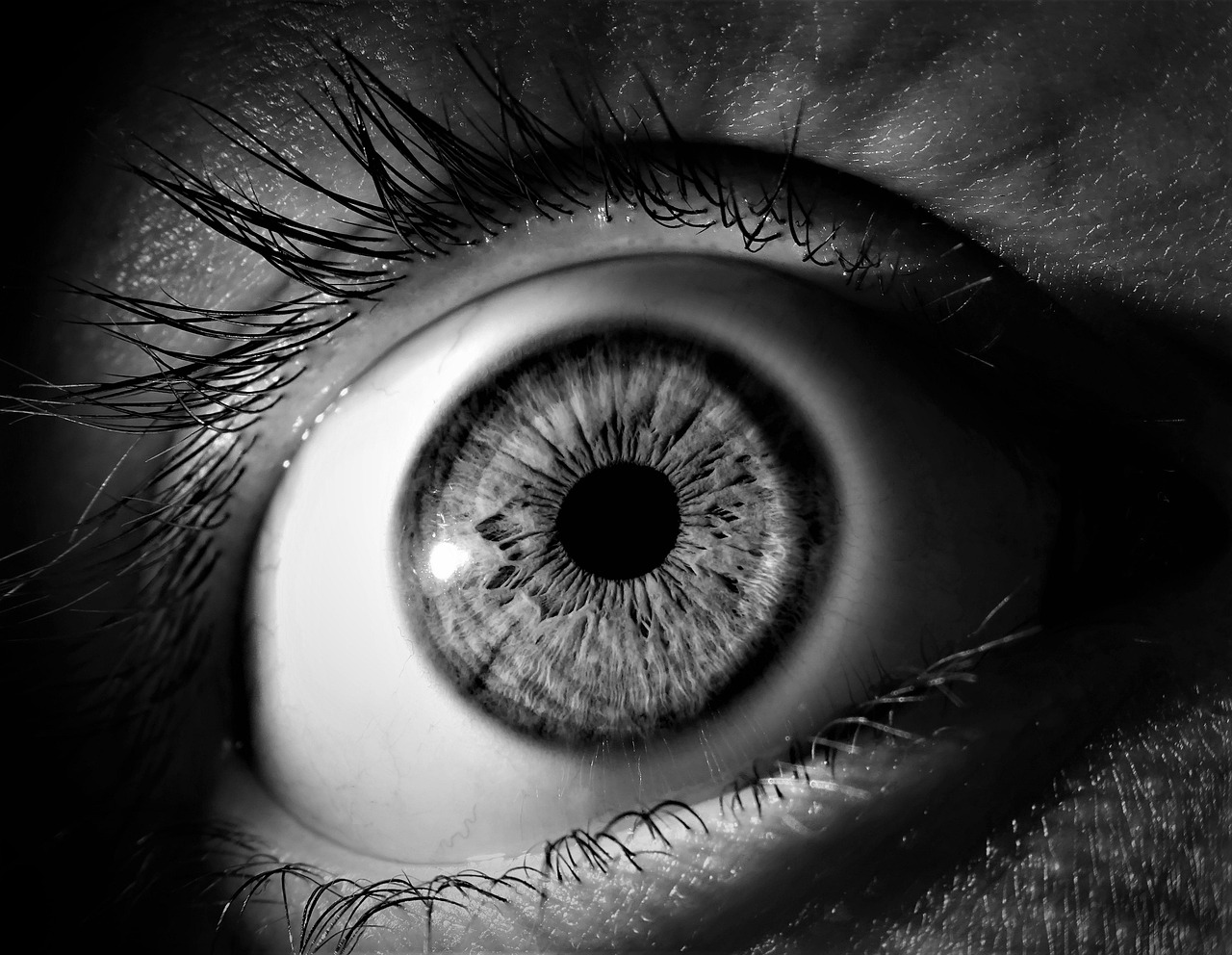Left eye twitching can occur due to various reasons, including stress, fatigue, and eye strain. While often harmless, it may also indicate underlying health issues. Understanding its causes and meanings can help individuals address the symptoms effectively.
Understanding Eye Twitching
Eye twitching, medically known as myokymia, is a common condition that affects many people at different times in their lives. It is characterized by involuntary spasms of the eyelid muscles. These twitches can happen in either eye but are frequently reported in the left eye. Although eye twitching is usually benign, it can lead to discomfort or concern for those experiencing it.
The phenomenon can occur in episodes lasting from a few seconds to several minutes. In most cases, the twitches resolve on their own without medical intervention. However, persistent twitching may warrant further investigation to rule out any serious underlying conditions.
Common Causes of Left Eye Twitching
There are several reasons why someone might experience left eye twitching. Understanding these causes can help address the issue more effectively. Some common causes include:
- Stress: High levels of stress can lead to muscle tension and spasms, including in the muscles around the eyes.
- Fatigue: Lack of sleep or prolonged periods of work can result in eye strain, leading to twitching.
- Caffeine Intake: Excessive consumption of caffeine can stimulate the nervous system, resulting in involuntary muscle contractions.
- Dry Eyes: Insufficient lubrication can irritate the eye, causing spasms.
- Eye Strain: Prolonged screen time or reading without breaks can lead to eye fatigue and twitching.
In addition to these common factors, certain medical conditions may also contribute to eye twitching. For instance, neurological disorders or problems with the eye muscles can be underlying causes that require attention. It is essential to consider both lifestyle factors and potential medical issues when evaluating the reasons behind left eye twitching.
The Meanings Behind Left Eye Twitching
In various cultures, left eye twitching is often thought to have different meanings. While these interpretations are not scientifically grounded, they can provide insight into how people perceive this phenomenon. Here are some cultural beliefs regarding the meaning of left eye twitching:
- Good Luck: In some cultures, a twitch in the left eye is seen as a sign of good fortune or positive events on the horizon.
- Forewarning: Others believe it can serve as a warning about upcoming challenges or misfortunes.
- Emotional Connection: Some people associate left eye twitching with emotional changes or responses, suggesting that it may indicate someone is thinking about them.
While these meanings vary widely and are rooted in folklore rather than scientific evidence, they illustrate how human beings often seek to find significance in bodily sensations. Regardless of cultural interpretations, understanding the physical causes remains crucial for addressing the symptoms effectively.
When to Seek Medical Attention
Most cases of left eye twitching are harmless and resolve without treatment. However, there are specific situations when it is essential to consult a healthcare professional. If you experience any of the following symptoms alongside your eye twitching, seeking medical advice is advisable:
- Twitching that persists for more than a week.
- Significant eyelid drooping or swelling.
- Twitching accompanied by other facial spasms.
- Changes in vision or difficulty seeing.
- Pain or discomfort in the eye.
In these situations, a healthcare provider can determine if there is an underlying condition that needs treatment. Addressing any potential health issues early on can help prevent complications and ensure overall well-being.
Home Remedies for Left Eye Twitching
For many individuals, left eye twitching can be an occasional nuisance. Fortunately, several home remedies may help alleviate the symptoms. These remedies can be effective for mild cases and are often easy to incorporate into daily routines. Here are some common approaches:
- Reduce Caffeine Intake: Cutting back on coffee, tea, and other caffeinated beverages can help decrease stimulation of the nervous system, potentially reducing twitching.
- Stay Hydrated: Drinking enough water throughout the day can help maintain optimal bodily function and reduce muscle spasms.
- Warm Compress: Applying a warm compress over the affected eye can relax the muscles and provide comfort.
- Practice Relaxation Techniques: Engaging in activities such as meditation, yoga, or deep breathing exercises can help lower stress levels, which may minimize twitching.
- Get Adequate Sleep: Ensuring you get enough rest is crucial for eye health and overall well-being. Aim for 7-9 hours of sleep each night.
By making small lifestyle adjustments, many people find relief from the discomfort associated with left eye twitching. However, if symptoms persist despite these efforts, it may be time to explore additional options.
Dietary Considerations
Your diet can play a significant role in overall eye health and may impact occurrences of eye twitching. Certain nutrients are essential for maintaining proper muscle function and nerve health. Here are some dietary recommendations that may help:
- Magnesium: This mineral helps regulate nerve function and muscle contractions. Foods rich in magnesium include spinach, nuts, seeds, and whole grains.
- B Vitamins: B vitamins, particularly B12 and B6, are vital for nerve health. Sources include lean meats, fish, eggs, and dairy products.
- Antioxidants: Consuming foods high in antioxidants can support eye health. Fruits and vegetables like blueberries, carrots, and kale are excellent options.
- Lutein and Zeaxanthin: These compounds found in leafy greens and colorful vegetables help protect the eyes from oxidative stress.
Incorporating these nutrients into your diet may not only help with eye twitching but also contribute to overall eye health.
Stress Management Techniques
Since stress is a common trigger for left eye twitching, implementing effective stress management strategies can be beneficial. Here are some techniques that can help reduce stress levels:
- Mindfulness Meditation: Practicing mindfulness can help center your thoughts and reduce anxiety. Setting aside just a few minutes daily can make a difference.
- Physical Exercise: Regular exercise releases endorphins, which improve mood and reduce stress. Aim for at least 30 minutes of moderate activity most days of the week.
- Journaling: Writing about your thoughts and feelings can provide an outlet for stress and help clarify your emotions.
- Time Management: Organizing your tasks and responsibilities can lower feelings of being overwhelmed, reducing stress levels significantly.
By actively managing stress, you may find that episodes of left eye twitching become less frequent or severe.
The Role of Eye Care
Taking care of your eyes is essential for preventing various issues, including twitching. Here are some important eye care practices to consider:
- Regular Eye Exams: Schedule regular visits with an eye care professional to ensure your eyes are healthy and to address any vision changes.
- Screen Time Breaks: Follow the 20-20-20 rule: every 20 minutes, look at something 20 feet away for at least 20 seconds to reduce eye strain.
- Proper Lighting: Ensure adequate lighting when reading or using screens to minimize strain on your eyes.
- Use Corrective Lenses: If you require glasses or contact lenses, wearing them as prescribed can prevent unnecessary strain on your eyes.
By prioritizing eye care and adopting these practices, individuals may experience fewer episodes of left eye twitching while improving their overall vision health.
Medical Treatments for Persistent Eye Twitching
While most cases of left eye twitching are benign and resolve on their own, persistent twitching may require medical treatment. Here are some common interventions that healthcare professionals may recommend:
Medications
In certain cases, medications can help manage eye twitching. These may include:
- Muscle Relaxants: These medications can relax the muscles around the eye and reduce spasms.
- Anti-Anxiety Medications: If anxiety or stress is contributing to eye twitching, a doctor may prescribe medications to help manage these symptoms.
- Botulinum Toxin Injections: In severe cases, botox injections may be administered to paralyze the eyelid muscles temporarily, reducing twitching.
It is essential to discuss any potential side effects and the appropriateness of these treatments with a healthcare provider.
Physical Therapy
For some individuals, physical therapy may help alleviate muscle tension and improve overall muscle control. A physical therapist can design a personalized program that may include:
- Strengthening Exercises: These can help build muscle endurance around the eyes.
- Stretching Routines: Gentle stretching can reduce tension and promote relaxation.
- Neuromuscular Re-education: Techniques that focus on improving muscle coordination can be beneficial.
Physical therapy might be particularly useful for individuals who experience chronic or recurrent twitching.
Understanding Eye Twitching in Children
Left eye twitching is not limited to adults; children can also experience this phenomenon. Understanding the causes and implications in children is crucial for parents and caregivers. Here are some key points to consider:
- Common Causes: Just like adults, children may experience eye twitching due to stress, fatigue, or excessive screen time.
- Developmental Factors: In some cases, eye twitching may be related to normal developmental changes in children.
- Parental Guidance: Parents should observe their child’s symptoms and encourage healthy habits, such as regular breaks from screens and adequate sleep.
If eye twitching persists in children for an extended period or is accompanied by other concerning symptoms, it is advisable to consult a pediatrician or an eye specialist.
The Psychological Connection
The connection between eye twitching and psychological factors is intriguing. Stress and anxiety can manifest in various physical ways, including muscle spasms around the eyes. Here are some aspects to consider regarding the psychological influence on left eye twitching:
- Stress Response: The body’s natural stress response can lead to muscle tension throughout the body, including the eyelids.
- Anxiety Disorders: Individuals suffering from anxiety disorders may experience more frequent episodes of eye twitching as a physical manifestation of their mental state.
- Mental Health Support: Engaging in therapy or counseling can help address underlying mental health issues that may contribute to eye twitching.
Understanding this connection can encourage individuals experiencing left eye twitching to take a holistic approach to their health by addressing both physical and mental well-being.
The Impact of Sleep on Eye Health
Sleep plays a vital role in overall health, including eye function. Poor sleep quality or lack of sleep can lead to various symptoms, including left eye twitching. Here are some key points regarding the importance of sleep for eye health:
- Restoration: Sleep allows the body, including the eyes, to recover from daily stressors and strain.
- Eye Lubrication: During sleep, the eyes remain closed, which helps maintain moisture levels and prevent dryness that can lead to twitching.
- Cognitive Function: Adequate sleep improves cognitive function and reduces stress, both of which can help minimize episodes of eye twitching.
Aiming for consistent sleep patterns, creating a restful environment, and addressing any sleep disorders can significantly improve eye health and reduce the occurrence of left eye twitching.
Addressing Misconceptions About Left Eye Twitching
Despite its commonality, there are several misconceptions surrounding left eye twitching that can lead to unnecessary worry. Understanding the facts can help alleviate concerns and promote better health practices. Here are some prevalent myths:
- Myth: Eye twitching is always a sign of serious health issues. In most cases, eye twitching is benign and often related to stress or fatigue rather than a serious medical condition.
- Myth: Only adults experience eye twitching. Children can also experience eye twitching due to similar causes, such as stress and fatigue.
- Myth: Eye twitching is solely caused by caffeine. While caffeine can be a contributing factor, other elements like stress, sleep deprivation, and eye strain also play significant roles.
By debunking these myths, individuals can approach the issue of eye twitching with a clearer perspective and reduce anxiety associated with the symptoms.
Holistic Approaches to Eye Health
A holistic approach to health considers the interconnectedness of various body systems. For eye health, this means recognizing how lifestyle choices and overall well-being influence eye function. Here are some holistic practices to promote eye health:
- Balanced Diet: Consuming a diet rich in vitamins, minerals, and antioxidants supports not only eye health but overall body function.
- Regular Exercise: Physical activity promotes blood circulation, which benefits the eyes by ensuring they receive adequate nutrients and oxygen.
- Mental Well-Being: Practices that support mental health, such as mindfulness and social connections, can also help reduce the frequency of eye twitching.
- Natural Supplements: Some individuals may benefit from supplements like omega-3 fatty acids or lutein, which support eye health. Always consult a healthcare provider before starting any new supplement.
Integrating these holistic practices into daily life can enhance overall health and potentially reduce episodes of left eye twitching.
Understanding Cultural Perspectives
>Cultural beliefs surrounding left eye twitching vary widely across different societies. In many cultures, left eye twitching is associated with superstitions or omens. Here are a few examples:
- Western Beliefs: In some Western cultures, twitching of the left eye is often viewed as a sign of impending bad luck or misfortune.
- Asian Beliefs: In various Asian traditions, the left eye twitching is sometimes seen as a sign that someone is thinking of you or that good fortune is on the way.
- African Traditions: In certain African cultures, it may be interpreted as a signal from the spiritual realm, indicating that one should pay attention to their surroundings or relationships.
While these cultural interpretations may not have scientific backing, they highlight the human tendency to seek meaning in bodily sensations and experiences. Understanding these perspectives can foster greater awareness of how cultural context influences individual perceptions of health.
Final Thoughts
Left eye twitching is a common phenomenon that many people experience at some point in their lives. While it is often harmless and linked to factors like stress, fatigue, and eye strain, understanding the underlying causes and meanings can empower individuals to address their symptoms effectively. Incorporating healthy lifestyle practices, managing stress levels, ensuring proper eye care, and maintaining adequate sleep are vital for reducing the frequency of eye twitching. Additionally, recognizing and dispelling myths surrounding this condition can alleviate unnecessary anxiety.
If left eye twitching becomes persistent or is accompanied by other concerning symptoms, it is essential to consult a healthcare professional for evaluation. By combining knowledge with proactive self-care measures, individuals can enhance their overall well-being and enjoy better eye health.




